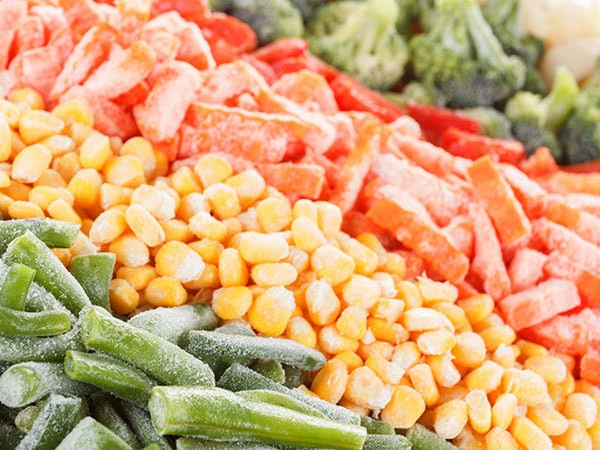The proposed 3°C increase in the temperature at which frozen foods are stored aims to make the global food chain more sustainable by significantly reducing energy consumption and associated carbon emissions. This change, from the traditional -18°C to -15°C, is backed by research from institutions like Cranfield University, the University of Birmingham, and the International Institute of Refrigeration. They argue that such a temperature adjustment would maintain food safety and quality while offering substantial environmental benefits.
The research highlighted in the “Three Degrees of Change” report suggests that this temperature shift could save approximately 25 terawatt-hours of energy annually, which is akin to a substantial portion of a country’s total annual energy usage, exemplified by 8.63% of the UK’s energy consumption. The reduction in carbon emissions from this initiative is likened to the environmental impact of removing millions of cars from the roads each year.
In addition to environmental benefits, the proposed change addresses critical aspects of food security and waste reduction. Current statistics indicate that a significant percentage of food produced annually is lost due to inadequate temperature management in the supply chain. The increase in temperature would also align with the need for more energy-efficient food preservation methods as global food demand rises and climate change impacts food production.
The movement towards a warmer freezing point is part of a larger effort to revise outdated standards in the frozen food industry, reflecting a century-old norm that may no longer be optimal for current global sustainability goals. The “Join the Move to -15°C” coalition is an effort of industry-wide efforts to reevaluate and potentially implement this change, aiming to reduce the environmental footprint of the cold chain while still providing safe and nutritious food globally.
This initiative underscores the critical role of innovation and sustainable practices in the food supply chain, especially as the world grapples with the challenges of climate change and food security. By rethinking and potentially adjusting the standard temperatures for freezing food, the initiative seeks to create a more resilient and sustainable food system worldwide.


Leave a Reply